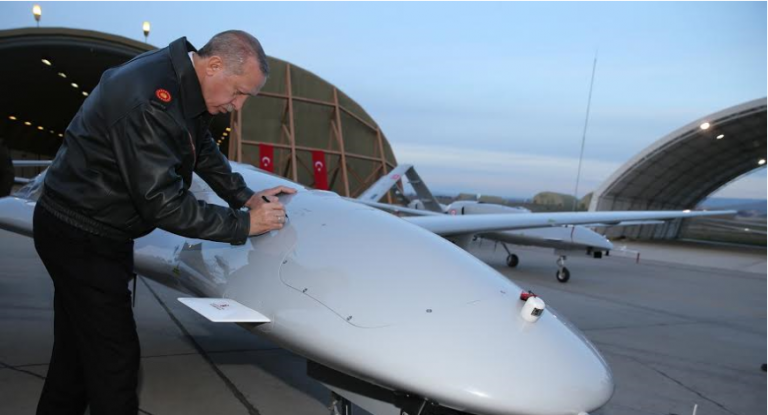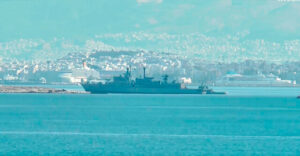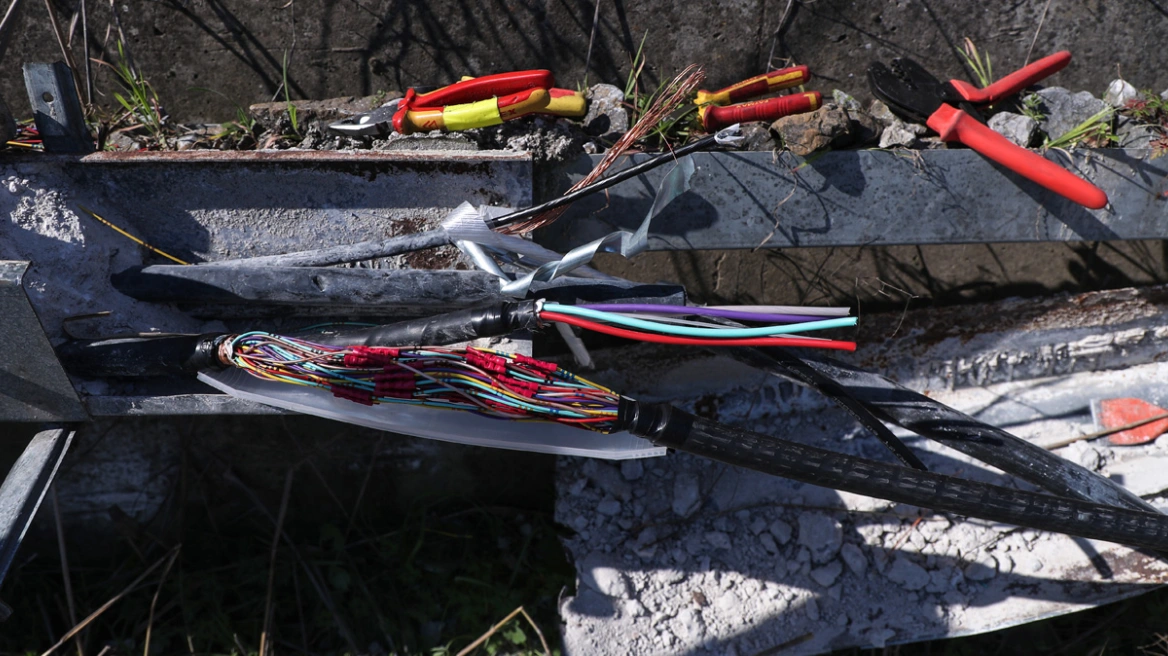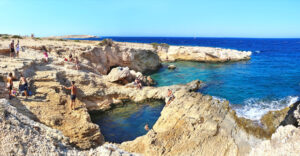Even the staunchest Remainer would admit the EU is not currently the happiest ship, sailing in the waters of world politics. Viktor Orban’s self-proclaimed ‘illiberal democracy’ is growing increasingly incompatible with EU values, Poland has expressed distaste for ‘the Brussels elites, blinded by political correctness’, and on two occasions Greece has locked horns with the EU’s upper echelons over the debt crisis. But while the EU has been a daily headline topic for years, the state of Nato has been largely neglected — despite the fact that one of its own members, Turkey, threatens to fatally undermine the alliance. Ankara’s relations with the West have been deteriorating for years — but that process has accelerated over the last few days after Turkey’s President Erdogan accused the Emmanuel Macron of needing ‘mental treatment’ following his attempts to tackle insurgent French Islamism.
Donald Trump has been the only world leader to draw attention to Nato’s issues, but he has been focused more on America shouldering the alliance’s financial burden and Germany’s military incompetence (the army’s ludicrous rules of engagement, which largely prevent it returning enemy fire, have led some to describe it as an ‘aggressive camping organisation’). Turkey’s growing belligerence to the West has, however, largely gone unaddressed.
It wasn’t always like this. The inclusion of Turkey in Nato in the early 1950s was part of a sound strategy at the time. Turkey bordered the southern Soviet states of Georgia and Armenia and denied the USSR access to the Mediterranean at the Bosphorus strait and its Nato membership allowed the US to station ballistic missiles on its soil — although this ended up becoming one of the catalysts of the Cuban Missile Crisis. Even after the missiles were dismantled, Turkey remained home to a significant US Air Force presence at the Incirlik Air Base and continued its role as a thorn in the USSR’s southern flank.
There were, of course, problems with Turkey’s Nato membership before the end of the Cold War. The Cyprus crisis of 1974 saw Turkey and Greece — both Nato members — go to war against each other, which led to the establishment of a largely-forgotten UN demilitarised zone that separates the northern and southern portions of the island.
Read more: The Spectator
Ask me anything
Explore related questions





